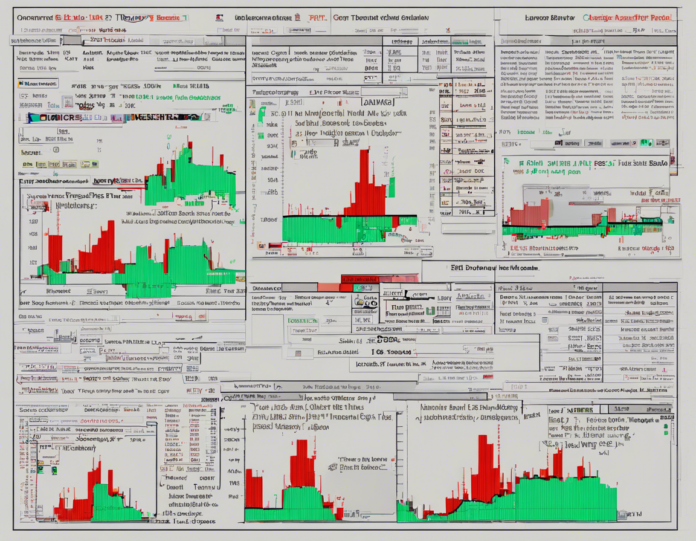Are you looking to delve into the world of trading but feeling overwhelmed by the sheer volume of information out there? Fret not! In this comprehensive guide, we will break down the essential concepts of trading and provide you with a solid foundation to kickstart your trading journey. Whether you are a novice looking to dip your toes into the market or an experienced trader seeking to refine your strategies, this guide is designed to cater to all levels of expertise.
Understanding the Basics of Trading
What is Trading?
Trading is the act of buying and selling financial instruments, such as stocks, bonds, commodities, or currencies, with the aim of making a profit. Traders engage in the markets to capitalize on price fluctuations and ensure they are always ahead of the curve.
Types of Trading
There are various types of trading, including:
- Day Trading: Involves buying and selling financial instruments within the same trading day, aiming to profit from short-term price movements.
- Swing Trading: Entails holding positions for several days to weeks to capitalize on price “swings.”
- Position Trading: Involves holding positions for the long term, based on fundamental analysis.
Getting Started with Trading
Educate Yourself
Before diving into trading, it is crucial to educate yourself about the financial markets, trading strategies, and risk management techniques. Attend seminars, read books, and follow reputable trading blogs to expand your knowledge base.
Set Clear Goals
Define your trading goals and risk tolerance level. Establishing clear objectives will help you stay focused and make informed trading decisions.
Choose a Trading Style
Select a trading style that aligns with your goals and personality. Whether you prefer scalping the markets for quick profits or holding positions for the long term, find a strategy that suits you best.
Essential Trading Tools and Resources
Brokerage Account
To start trading, you need to open a brokerage account. Research different brokers, compare their fees and services, and choose one that meets your requirements.
Trading Platform
A trading platform is your portal to the markets. Choose a user-friendly platform with advanced charting tools, real-time data, and order execution capabilities to enhance your trading experience.
Risk Management Strategies
Risk management is paramount in trading. Employ risk-reducing strategies, such as setting stop-loss orders, diversifying your portfolio, and never risking more than you can afford to lose.
Advanced Trading Strategies
Technical Analysis
Technical analysis involves studying historical price charts and using various indicators to forecast future price movements. Mastering technical analysis can give you a competitive edge in the markets.
Fundamental Analysis
Fundamental analysis entails evaluating the intrinsic value of an asset by analyzing economic indicators, financial statements, and market trends. Combine fundamental analysis with technical analysis for a comprehensive trading approach.
Sentiment Analysis
Sentiment analysis involves gauging market sentiment and investor psychology to anticipate potential market directions. Monitoring news sources, social media, and market sentiment indicators can help you stay ahead of market trends.
Frequently Asked Questions (FAQs)
- What is the minimum amount required to start trading?
-
The minimum amount required to start trading varies depending on the asset class and broker. Some brokers allow you to open accounts with as little as $100.
-
How much money can I make from trading?
-
The potential profits from trading are limitless, but it is essential to manage your expectations and trade responsibly. Success in trading requires discipline, patience, and continuous learning.
-
Is trading risky?
-
Trading involves inherent risks, and it is possible to lose money in the markets. However, with proper risk management strategies and education, you can mitigate risks and improve your chances of success.
-
How do I choose the right trading strategy?
-
The right trading strategy depends on your goals, risk tolerance, and time commitment. Experiment with different strategies in a demo account to find one that suits your trading style.
-
What are the essential traits of a successful trader?
- Successful traders exhibit traits such as discipline, patience, adaptability, and continuous learning. Developing a trading plan, sticking to your strategy, and managing emotions are crucial for long-term success.
Embark on your trading journey with confidence armed with the knowledge and strategies outlined in this guide. Remember, trading is a continuous learning process, so stay curious, adapt to market changes, and never stop honing your skills. Happy trading!





